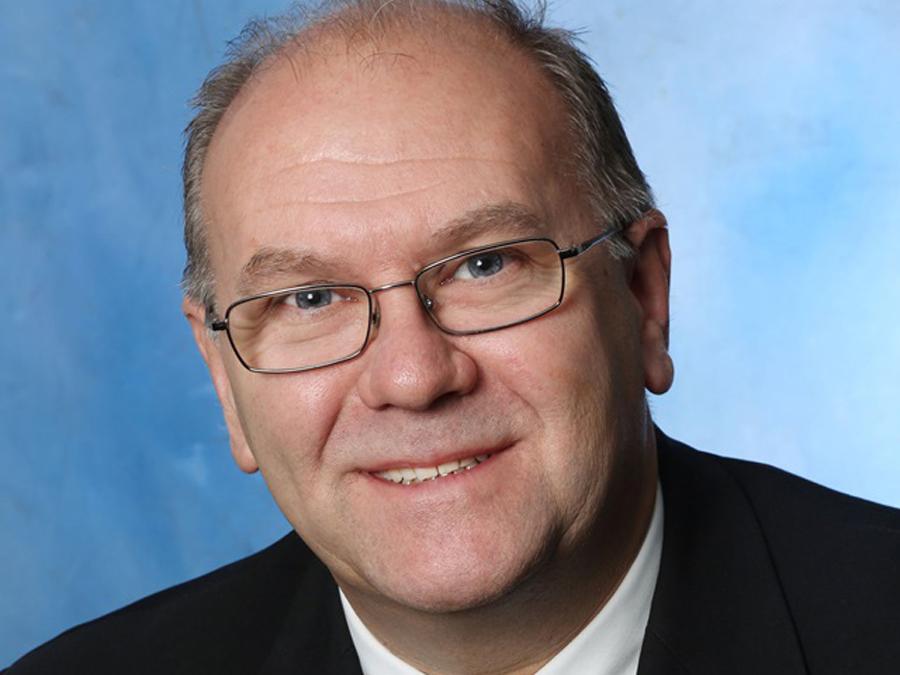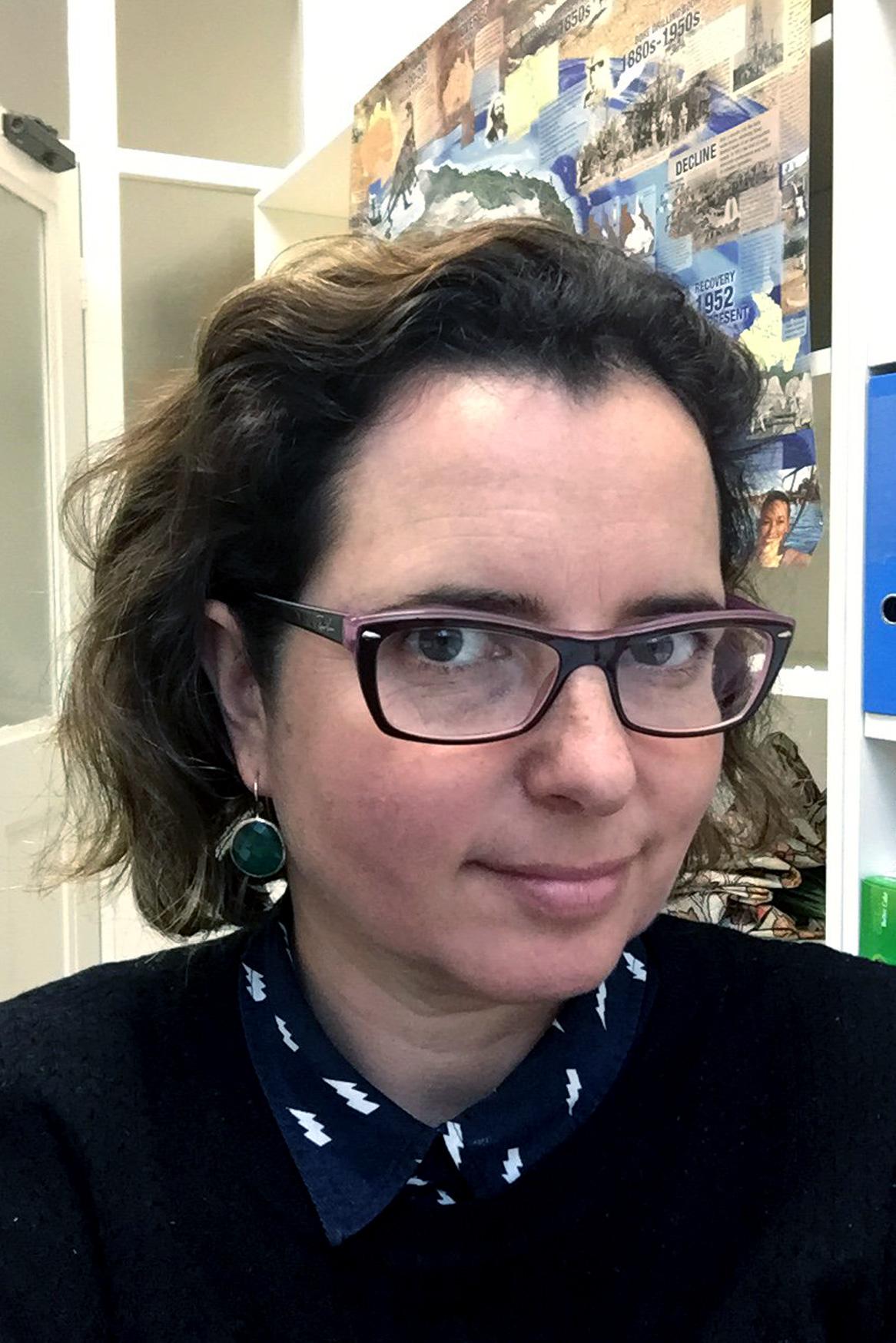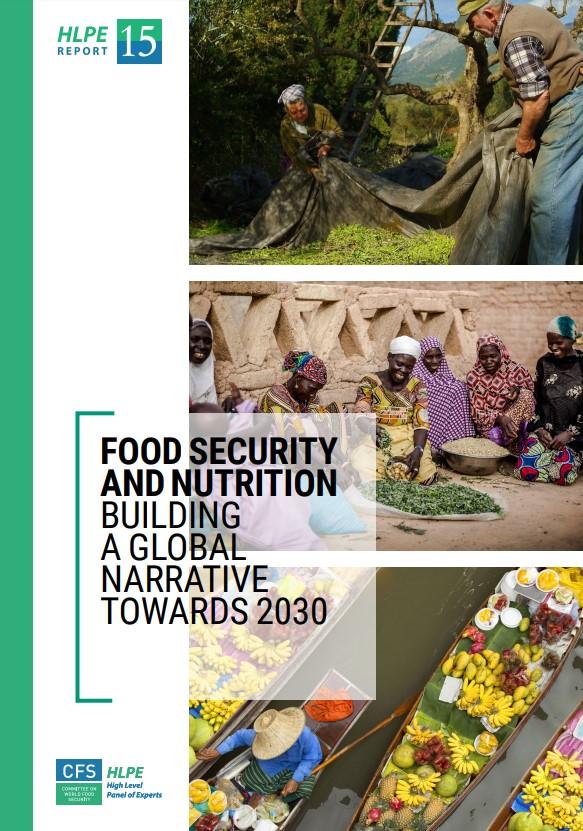Scientists in the news this week: July 3, 2020

This is your update of University of Adelaide scientists in the news, for the week ending July 3, 2020.
Agriculture, food and wine
Professor Martin Cole (pictured top right), Head of the School of Agriculture, Food and Wine, is chair of The High Level Panel of Experts on Food Security and Nutrition.
This committee has produced a report on food security and how it has been impacted as a result of COVID-19. The report calls for a major transformation of food systems given the alarming state of food security and nutrition.
“The COVID-19 pandemic makes this situation even more urgent: world hunger is projected to rise, with the most affected being the poorest and most vulnerable segments of the population”, says Professor Cole.
The report was covered by a broad range of international news channels.
Dr Susie Robinson and Dr Darren Plett feature in Stock Journal and on SeedQuest discussing the world-first machine ‘FieldExplorer’, which has arrived at The Plant Accelerator, the Australian Plant Phenomics Facility’s (APPF) node at the University of Adelaide’s Waite campus.
The FieldExplorer can rapidly gather data on the phenotype of plants by taking measurements non-destructively using an array of sensors. This can speed up what can be measured and will be more accurate, allowing researchers to better understand what is going on in a more efficient way, for example, with crop disease.
Professor Christopher Preston is a guest speaker at the annual Grains Research and Development Corporation (GRDC) Grains Research Update for Tasmania and is featured in the news again, this week on GRDC Ground Cover.
Preston’s question and answer session focusses on how to tackle herbicide resistance with both new and old chemistries in Tasmanian farming systems.
A collaborative project led by Associate Professor Matthew Denton has produced a nitrogen reference manual for the Southern Cropping Region. This has continued to be covered in the news, this week on Mirage News and The National Tribune.
Associate Professor Gurjeet Gill's research continues to be covered extensively in the news across platforms such as Forbes Phoenix, Stock Journal, West Wyalong Advocate and GRDC Ground Cover.
This research has found that the effectiveness of clethodim on crops was greatly impaired when sprayed within a two to three-day window either before or after a frost. Gill gives his expert advice to delay the spraying of clethodim due to the adverse impact on its effectiveness.
School of Animal and Veterinary Sciences
Dr Susan Hazel features in a regular segment on ABC Radio where she discusses the range of a dog’s smell, which is up to 20 kilometres away in the best environmental conditions.

Biological sciences
Ongoing coverage of Dr Michelle Guzik (pictured) discussing new species-specific tests that detect endangered and notoriously hard-to-find aquatic animals through DNA that they shed in the water.
An example of a hard-to-find aquatic animal is the Blind Cave Eel, which can avoid capture when using traditional sampling methods, consequently creating biased results from field surveys.
This new research features on ABC, Pilbara News and Phys.org this week.
There is continued coverage of the project by EchidnaCSI (Conservation Science Initiative) which aims to gather important information on how last summer’s bushfires affected Echidnas.
This week EchidnaCSI is covered by ABC, where Professor Frank Grützner is interviewed about the initiative and explains the nature of Echidnas. Professor Grützner encourages people to use either the EchidnaCSI app to record Echidna sightings, to upload echidna sightings to Living Atlas of Australia or email them at echidnacsi@adelaide.edu.au.
Physical sciences
Associate Professor Carl Spandler features on The National Tribune and Mirage News for the event he hosted on June 29 as a part of the University of Adelaide’s Professorial Lecture Series.
Associate Professor Spandler reviewed the current status of the supply and demand of rare earth elements and then discussed the geological conditions required to create rare earth elements in the Earth’s crust.
Professor Graham Heinson features on Proactive Investors for his work on a magnetotelluric (MT) anomaly definition study. Similar projects, such as the ‘Jupiter MT Anomaly Definition Study’, have been funded by Accelerated Discovery Initiative (ADI) for $125,000 which will be a collaboration between Heinson’s team and Havilah Resources.
Students and alumni
Luke Jolliffe, an agriculture and oenology graduate and Southern Margaret River winemaker continues to be featured in the news, this week on Good Fruit and Vegetables. Jolliffe discusses his career and is named as a finalist in the Gourmet Traveller Wine Winemaker of the Year awards.
Share your story
If you've featured in the media this week and don't get a mention above, send an email with the details to Rose Fitzmaurice in the Faculty of Sciences Marketing and Student Recruitment team.

